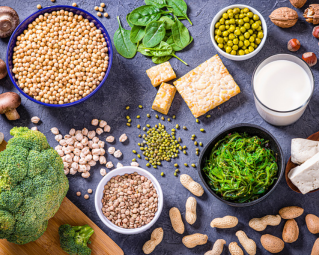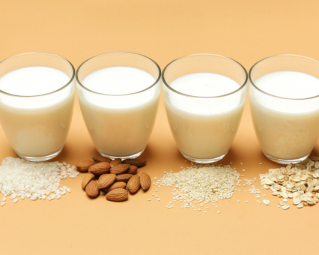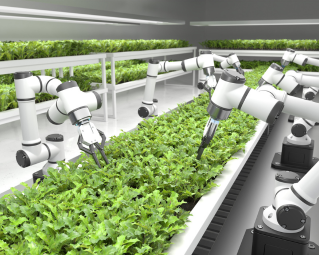UPCOMING WEBINARS
Sweet solutions: Innovations driving sugar reduction
28 April 2026
Consumers increasingly demand better-for-you products without sacrificing taste, with added sugar being the number one ingredient they actively limit, particularly as they grow older.1
By contrast, very few consumers restrict their intake of natural sweeteners, highlighting a key area of opportunity for product formulation.
This session explores how natural sweeteners, enzymatic sugar reduction, functional fibres, and multi-sensory techniques are reshaping the flavour landscape, delivering sweetness, texture, and label transparency. At the same time, taste remains the top priority across indulgent categories, driving brands to develop sugar-reduction solutions that preserve the indulgent taste experience consumers expect.2





